I first met Aisha a year and a half ago, when she was pregnant with her fourth child. I remember that day so vividly, it was my first time visiting a Syrian refugee camp in the Middle East, and as a midwife, my heart was drawn to the woman sitting in front of me.
As I talked with her, so many questions filled my mind. Had she had prenatal care? What was preventing her from getting the medication she needed? Where could she go if she needed help?
A year and a half later, I'm back in Aisha's tent, asking myself the same questions. Aisha is pregnant again, after losing her last baby close to term. She is not feeling well, but welcomed us warmly as we come back to check-in on her. She is seven months pregnant, has not received prenatal care, and has moderately elevated blood pressure. We urge her to see a doctor ASAP, and continued to urge her for weeks until she finally is able to visit a nearby hospital.
The next opportunity I am able to see her is two months later, and this time I sit with her and her community, mourning the loss of yet another baby and her near encounter with losing her own life during the birth.
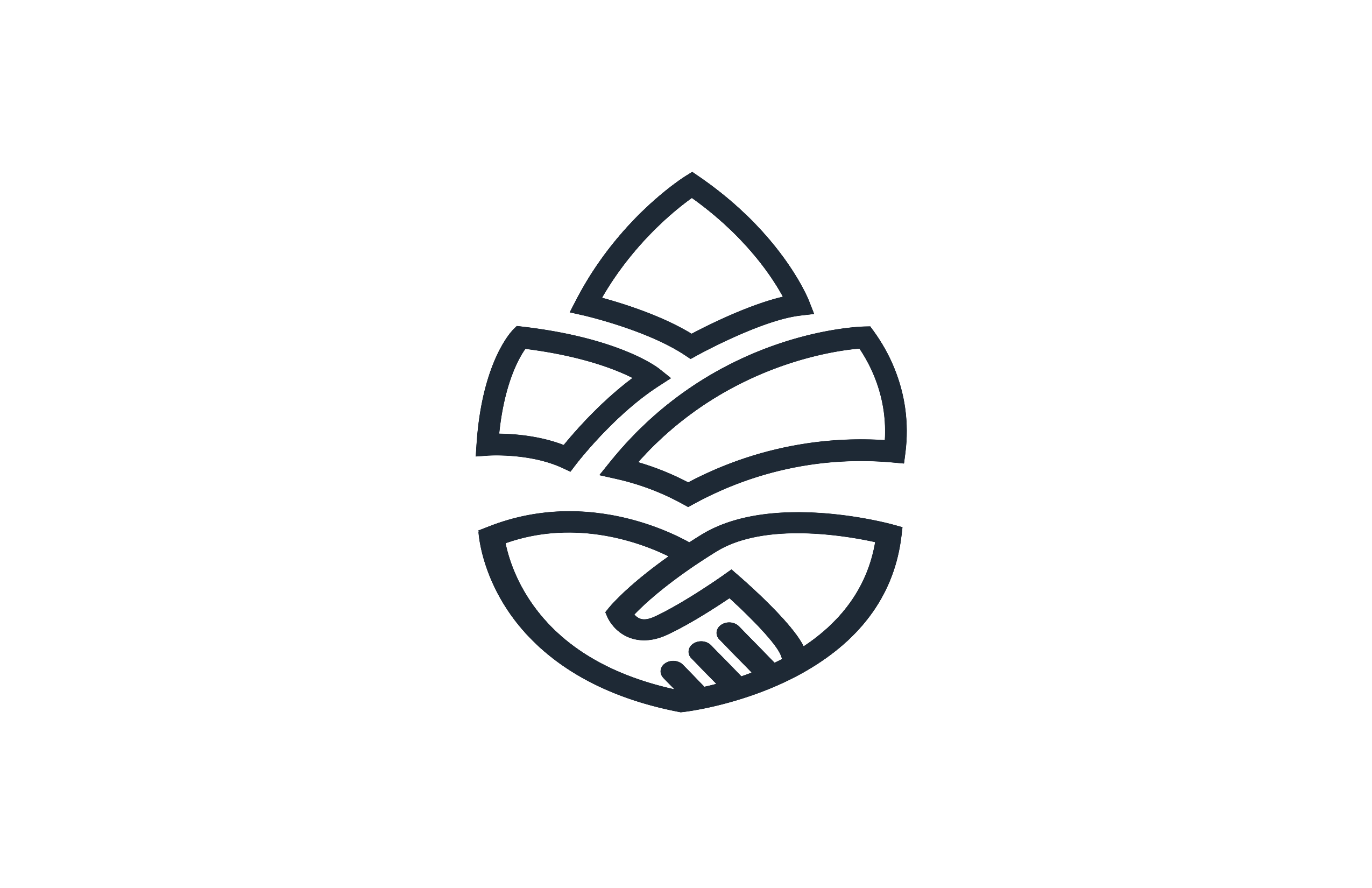
Unfortunately, Aisha's story is all too common. The same barriers to healthcare play out again and again: cost, not knowing where to go, lack of transportation, lack of support, being declined care or given sub-standard care, etc. Our team's first-hand experience confirm what statistics have told us: many Syrian refugee women do not receive adequate prenatal and postnatal care. Maternal and infant mortality rates among Syrian women in our region are nearly three times higher than that of local women, at 27 deaths per 100,000 births. Many of these deaths result from preventable causes.
As a new team of midwives and other healthcare professionals here to address these needs, we have asked ourselves, “What would it look like to empower Syrian communities rather than simply provide aid? How can we learn from Syrian communities who have built strong families for centuries? What skills can we impart to Syrians that will aid the rebuilding of their country?”
We are far from having all the answers, but our vision is two-fold: 1) Addressing the needs of the whole person by providing holistic healthcare and trauma care, and 2) Equipping and empowering Syrians with practical medical competencies that they can take back to Syria, not simply providing relief care.
As we launch our project and serve women like Aisha, we realize the importance of coming in with humility and seeking to learn from the community we wish to serve. We are excited to begin this journey and look forward to sharing with you what we learn along the way!




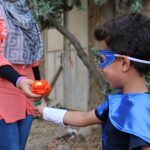

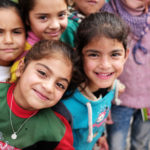
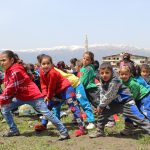
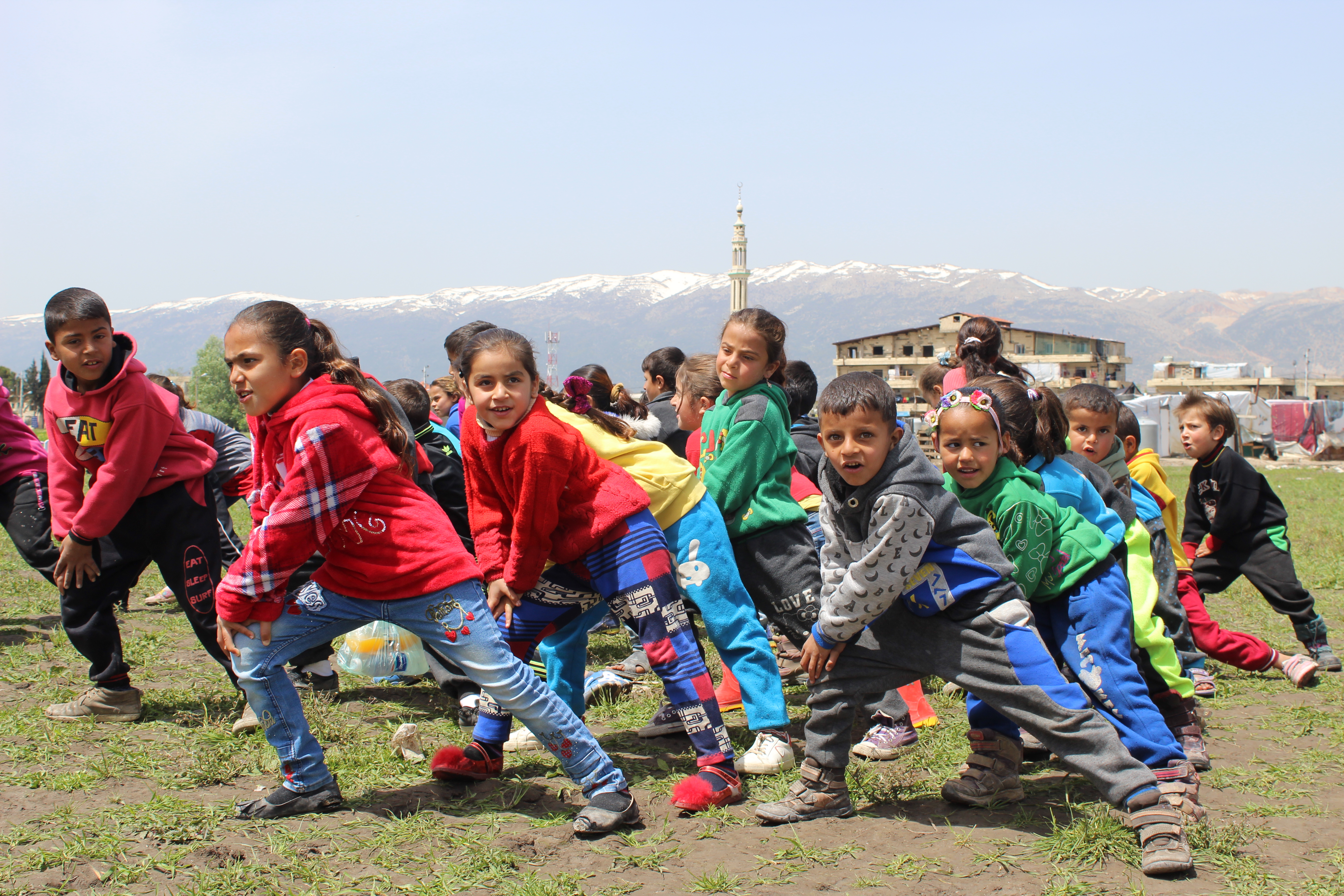
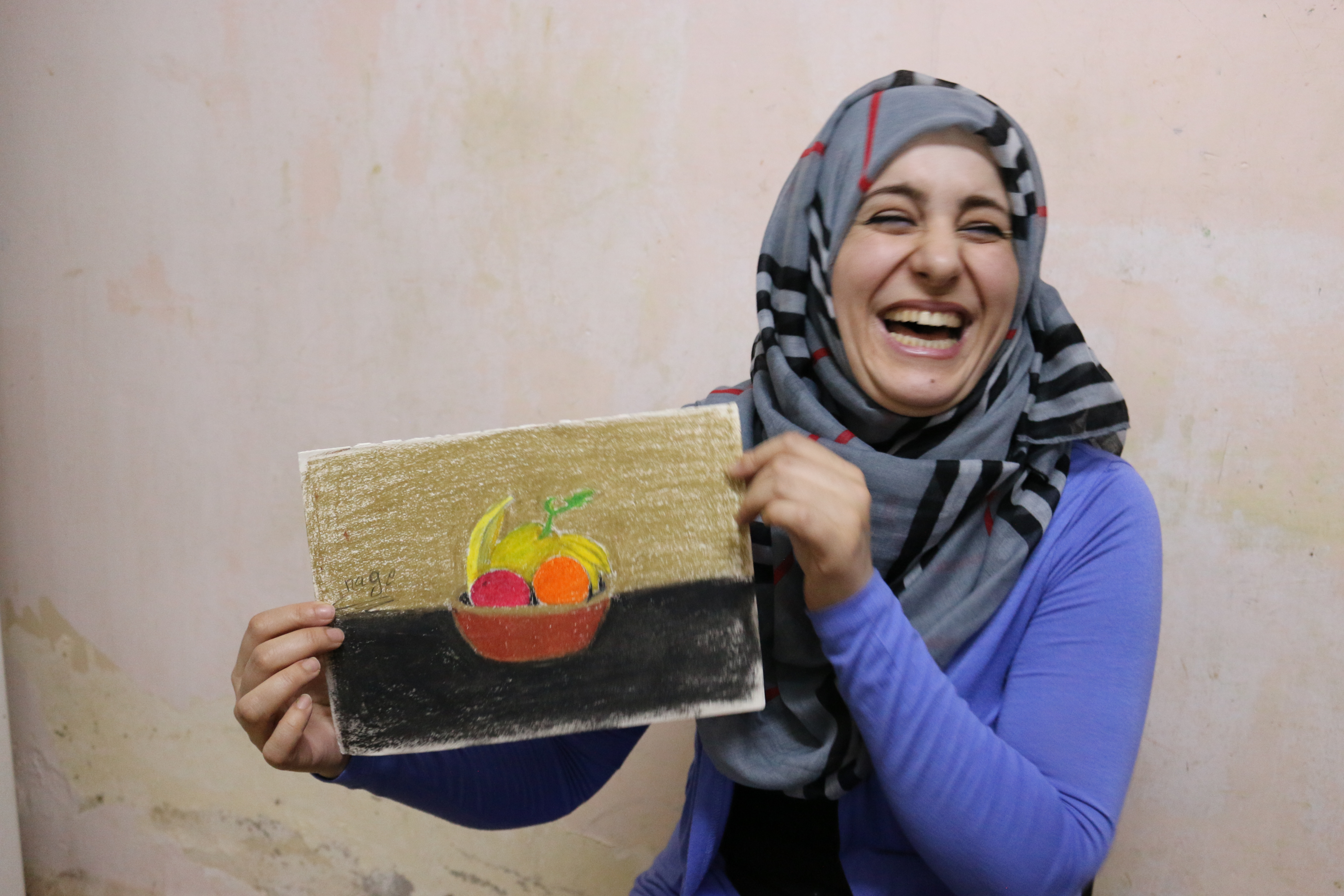
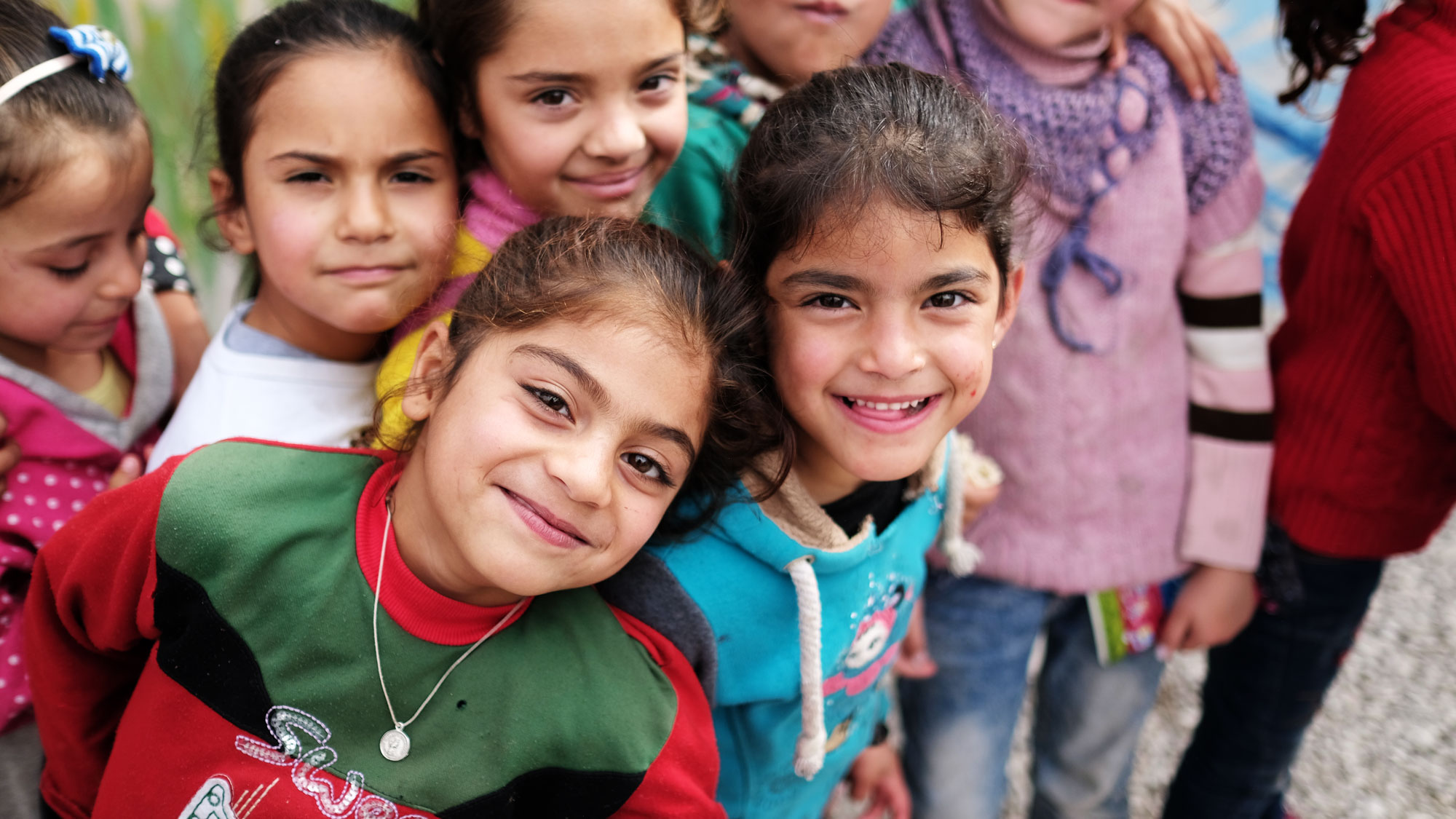

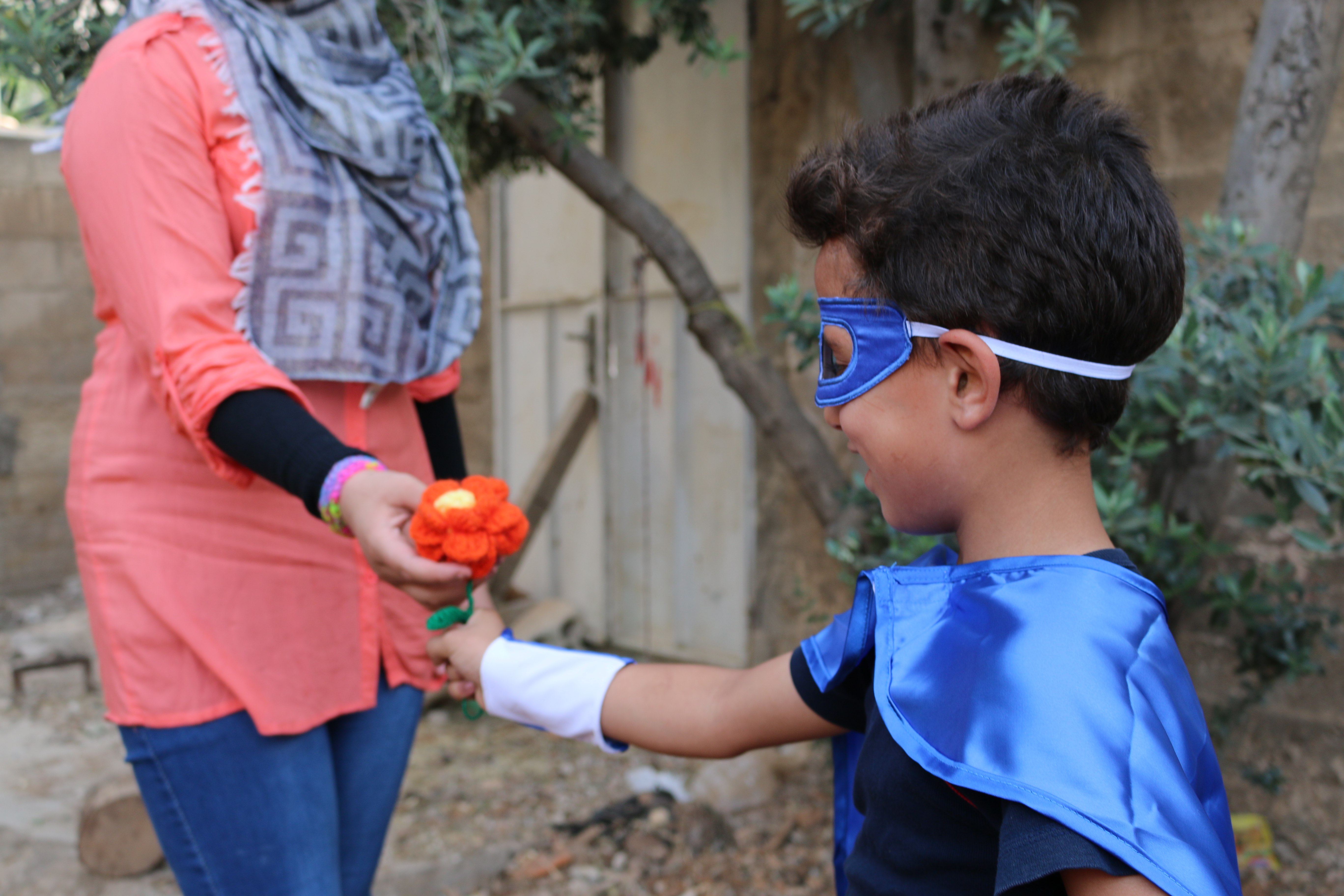
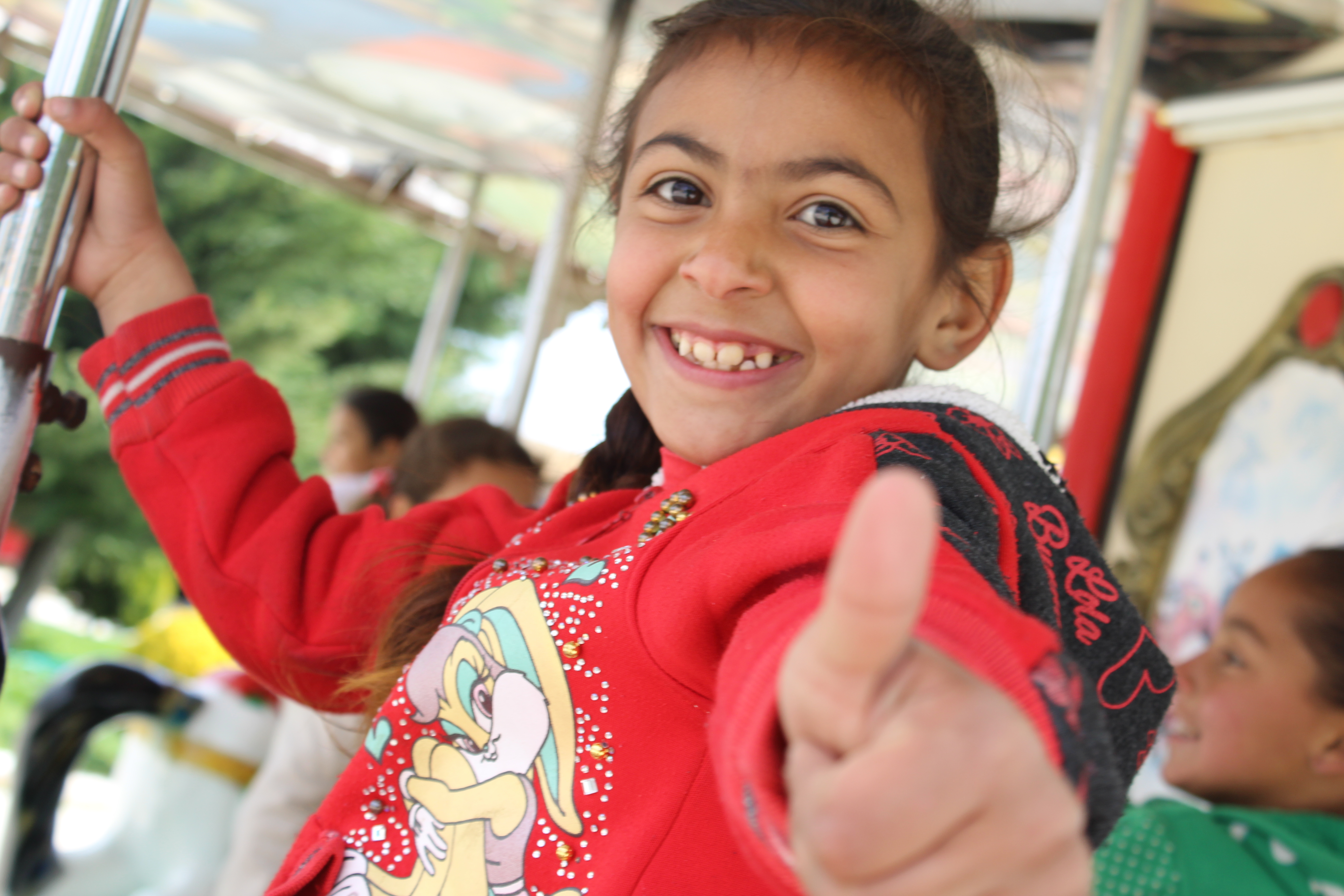
2 Comments. Leave new
This breaks my heart, but I am so glad you guys are there and doing your best to help find solutions and lovingly care for these women and their families. Sending you so much love and I am happy to help support however I can!
Thank you so much, Jes! We’re grateful for you!